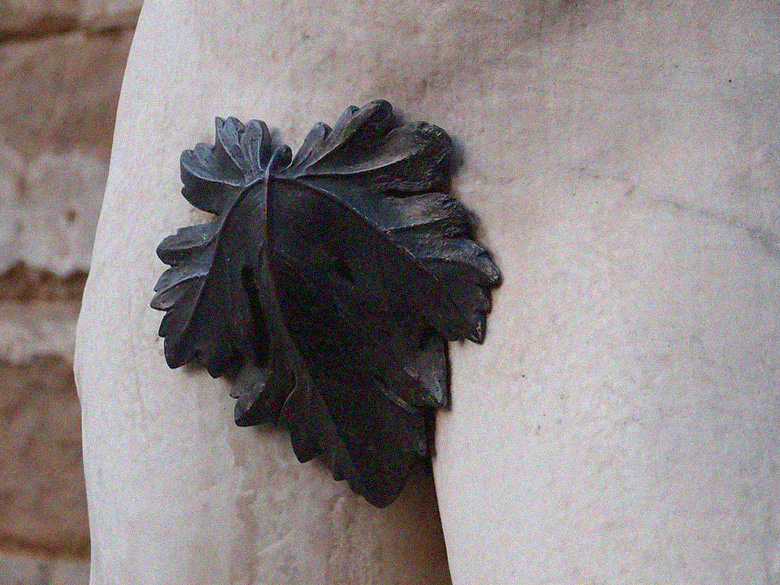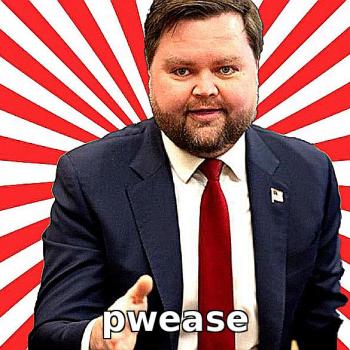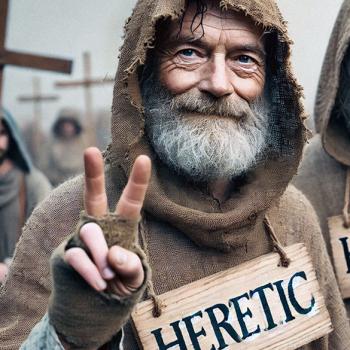
Let’s delve into the dark side of religious systems, shedding light on the insidious ways shame and guilt are employed for power and control, leaving a trail of broken souls in their wake.
1) Shame and Guilt: Partners in Manipulation
Move over, Batman and Robin—shame and guilt have entered the building! These dynamic villains join forces within religious institutions to sow seeds of self-doubt and unworthiness among believers. Together, they construct narratives that ensure conformity and obedience, while stifling personal growth and autonomy.
2) Shame: The Enforcer Extraordinaire
Shame, that ever-watchful taskmaster, takes pleasure in making us feel defective for simply being human. It weaponizes our natural inclinations and desires, enforcing conformity to religious norms. By instilling shame, institutions keep individuals within their rigid boundaries, effectively quashing autonomy and hindering personal development.
3) Guilt: The Eternal Tormentor
Enter guilt, the loyal sidekick to shame, always lurking in the shadows. It’s the voice in our heads that never ceases to remind us of every perceived transgression, real or imagined. Religious institutions have perfected the art of guilt induction, skillfully turning ordinary aspects of human existence into sins deserving eternal damnation. What better way to maintain control than by perpetually keeping believers in a state of indebtedness and subservience?
4) The Power Play
Who holds the cards? Religious leaders, cunning puppeteers that they are, understand the power of shame and guilt in maintaining their authority. By instilling unworthiness and fear, they create a power dynamic where they hold the keys to salvation—or, conversely, threaten eternal damnation. The masses, burdened by shame and guilt, become pawns in a game where obedience is rewarded and dissent is severely punished.
5) The Fallout: Wounded Souls
The consequences of this twisted dance between shame, guilt, and religious control are far-reaching and devastating. Those raised within these systems often bear deep emotional scars, plagued by feelings of inadequacy, self-loathing, and an unwavering sense of unworthiness. Mental health takes a significant toll, trapping many in cycles of anxiety, depression, and self-destructive behaviors.
Religion, with its lofty promises of salvation and enlightenment, cannot escape scrutiny. Shame and guilt, wielded by religious institutions, serve as powerful tools for manipulation, control, and the perpetuation of oppressive power structures. The casualties are the individuals whose lives are marred by shame, guilt, and the profound suffering they inflict.
As we navigate our own spiritual paths, let us remain vigilant, casting off the shackles of shame and guilt imposed by religion. Recognizing these tools for what they truly are—mechanisms of control—we can embark on a journey towards authenticity and liberation. With skepticism, resilience, and a steadfast commitment to our self-worth, we can rise above the shadows of shame and guilt, reclaiming our autonomy and embracing a more compassionate and inclusive spirituality.


















